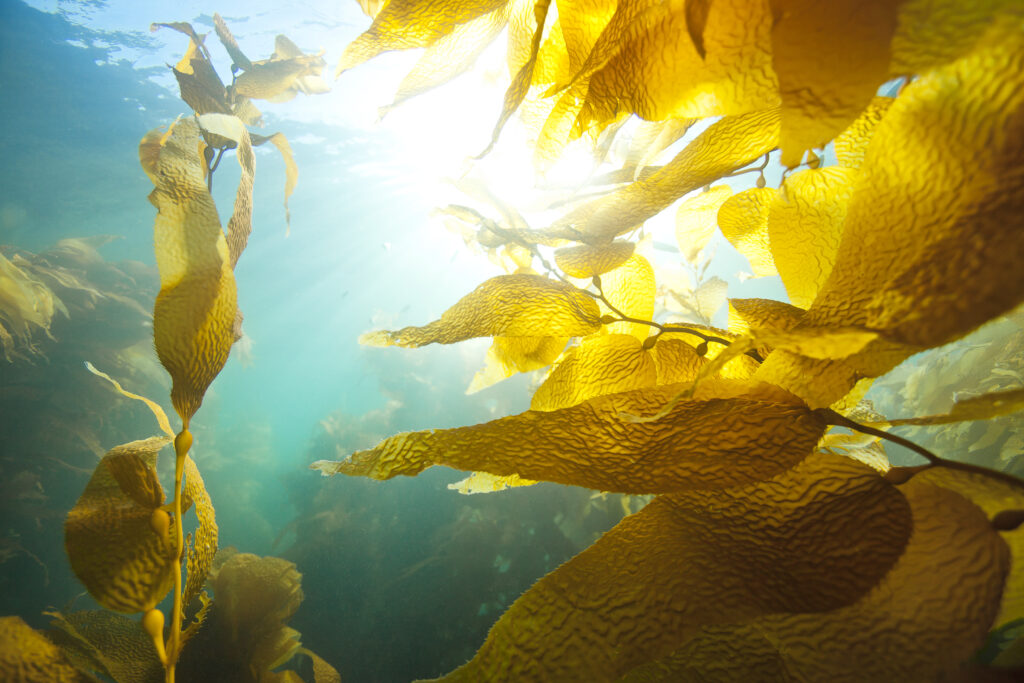Project dates: 01/01/2025 -
The Bioadhesive Team is partnering with The Nature Conservancy and the Institute for Marine and Antarctic Studies at the University of Tasmania to support kelp restoration.
Globally, kelp forests generate >$750 billion/year through supporting fisheries, blue carbon cycling and maintaining water quality. Kelp forests support abalone and rock lobster fisheries and other critical ecosystem services valued at >$11 billion/year to the Australian economy. However, kelp forests are diminishing worldwide. In Tasmania, >95% of giant kelp forests have disappeared since 1970, leading to their designation as an ‘endangered community’ – the first for any marine community in Australia.
The Nature Conservancy and the Institute for Marine and Antarctic Studies at the University of Tasmania have been partnering for 5 years to investigate ways to restore giant kelp forests and ensure their conservation. A current focus is on investigating ways to restore giant kelp forests by developing scalable and low-impact methods of kelp planting, particularly in urchin barrens that lack any significant structure for kelp attachment.
Our QUT-developed bioadhesives provide substantial promise to simplify and scale up kelp restoration. The QUT bioadhesives team will join this partnership between TNC and UTAS in 2025 to help accelerate developing bioadhesive solutions for kelp restoration globally.
 The Nature Conservancy Australia
The Nature Conservancy Australia University of Tasmania
University of Tasmania